29 National Olympic Committees trained to implement Olympic values−based education
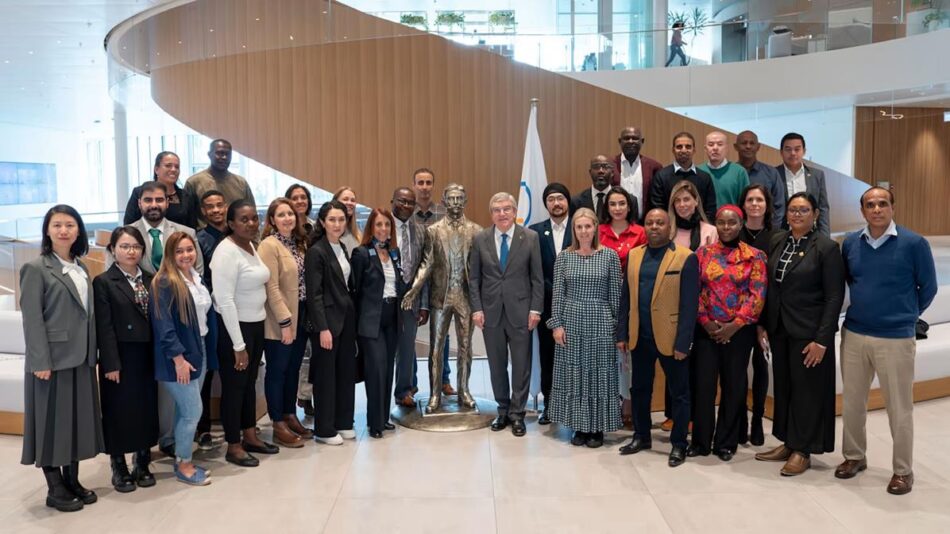
IOC
04 April 2024 – The Olympic Values Education Programme (OVEP) held its first-ever train-the-trainer workshop in Lausanne, Switzerland, from 26 to 29 February, welcoming representatives from 29 National Olympic Committees (NOCs) across all five continents.
The four-day session, held at the International Olympic Committee (IOC) headquarters and the Olympic Museum, empowered educators with the tools to adapt and implement Olympic values-based education among their own regions and communities across the globe.
The training course, made possible through the support of Olympic Solidarity, was led by the Olympic Foundation for Culture and Heritage (OFCH), which oversees the Olympic Museum and manages OVEP.
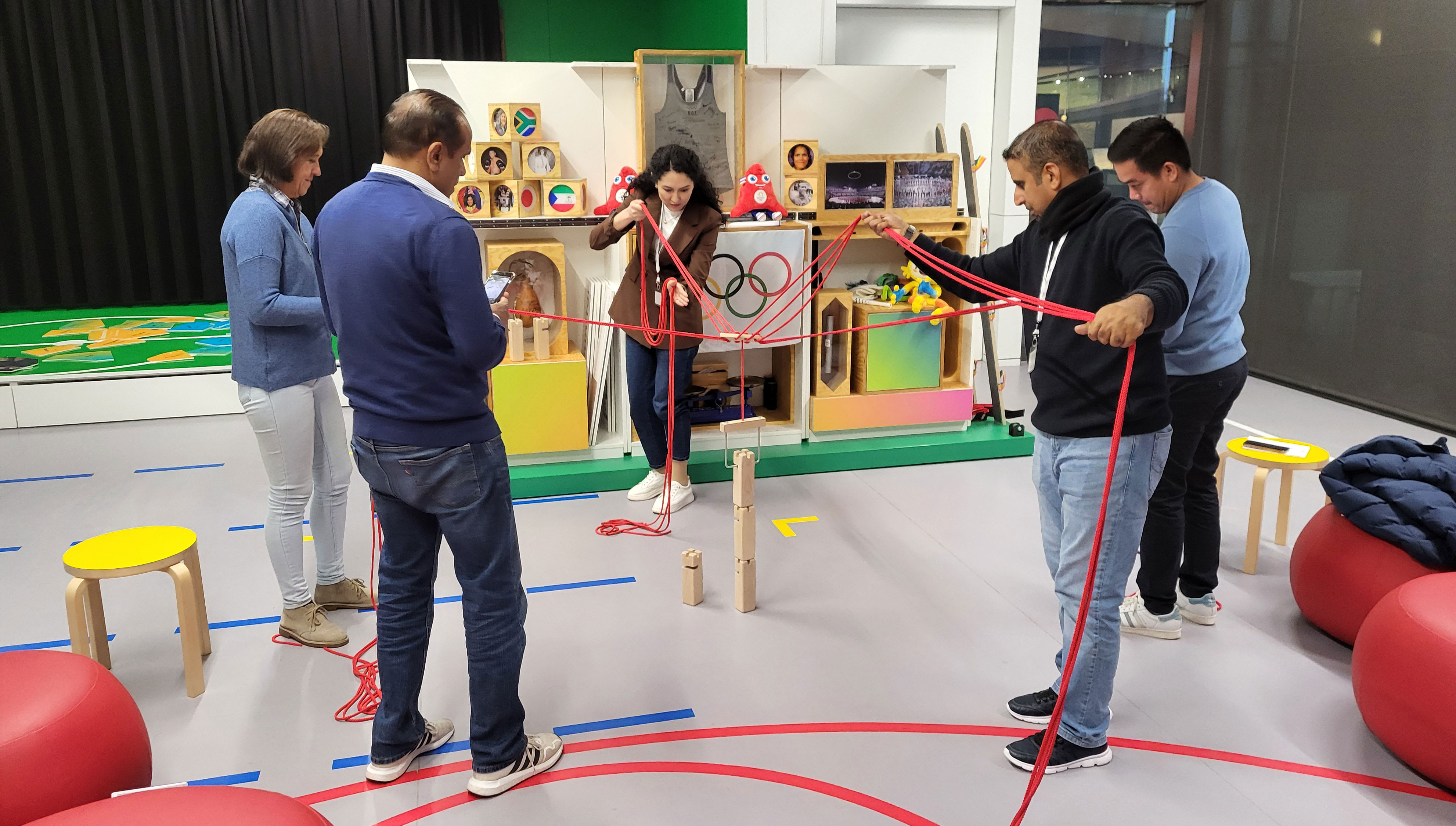
The programme advances the IOC’s Olympism365 strategy, which aims to increase access to sport and bring the health and societal benefits of physical activity to communities, especially children and young people, across the globe.
The 29 participants, who are all actively working on or responsible for Olympic education programmes and projects in their countries, were equipped with new resources to deliver and disseminate the curriculum, which is rooted in the Olympic values of excellence, friendship and respect.
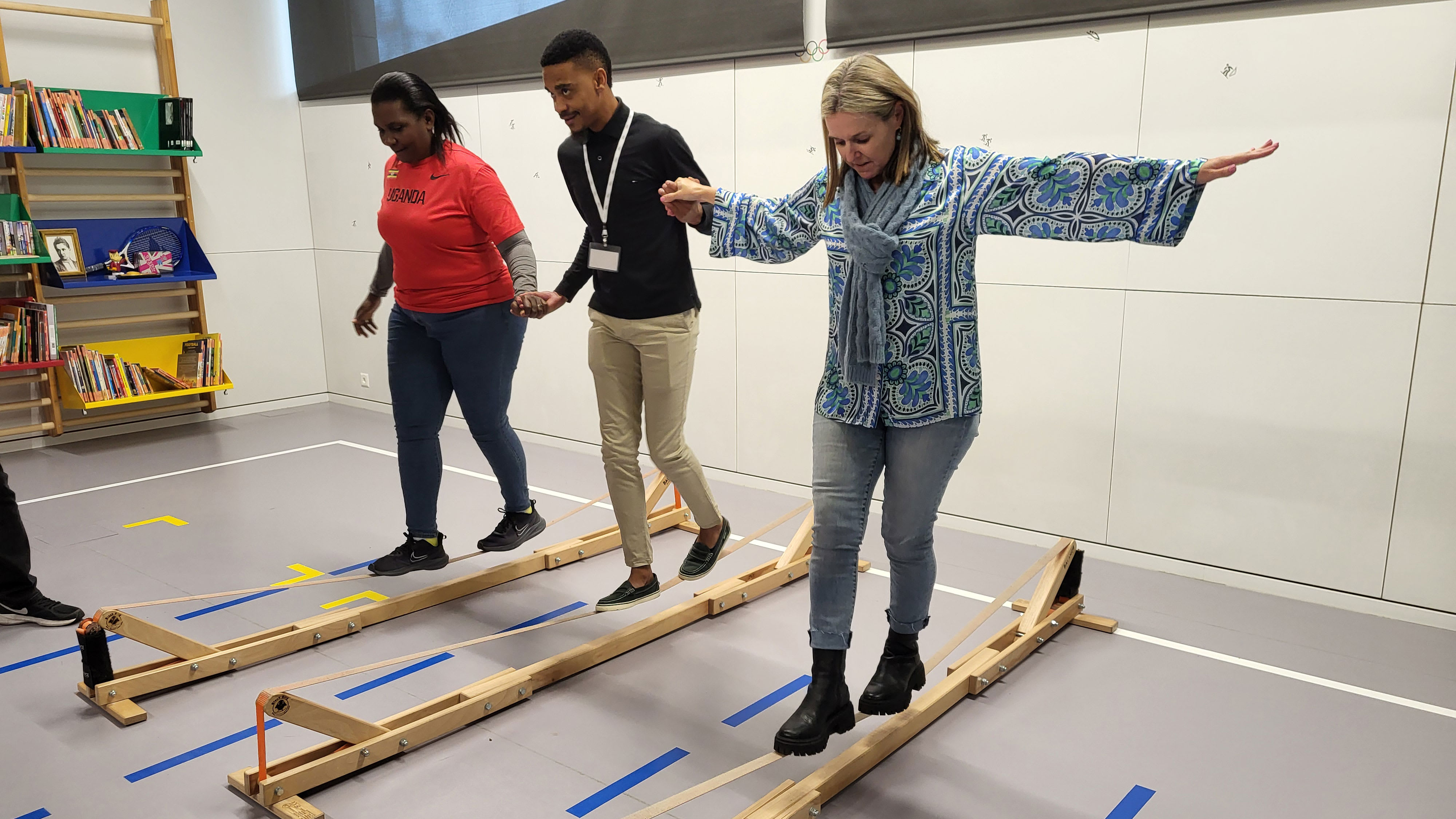
Each NOC was invited to select one participant to take up the training opportunity. Attendees came primarily from Africa and Asia and included representatives from Argentina, Bhutan, Brazil, Cambodia, China, Côte d’Ivoire, Djibouti, El Salvador, Greece, Hungary, Jordan, Kenya, Lesotho, Mali, Mongolia, Mozambique, New Zealand, Nigeria, Oman, Pakistan, Qatar, Saudi Arabia, Serbia, Sri Lanka, Suriname, Togo, Uganda, Uzbekistan and Zambia.
Anna Ready, Education Manager at the New Zealand Olympic Committee, who manages an Olympic ambassador programme that engages New Zealand students, valued the international collaboration aspect of the training.
“Hearing what other people are doing and thinking about how I can adapt those ideas to work in our New Zealand setting is really exciting. I’ve been able to learn quite a lot of good techniques to take into my next annual training session with the ambassadors so that they are better equipped to go into schools”
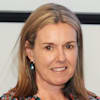
Anna Ready – Education Manager at the New Zealand Olympic Committee
“Sanjit Gazmer, a physical education teacher from Bhutan, expressed how valuable the opportunity to attend this workshop was to him and his enthusiasm for sharing this newly acquired knowledge with his students, colleagues and the wider education sector upon his return.”
“The teaching we received from the IOC and OVEP’s concrete framework is going to be a real benefit. The programme, the framework and then the toolkits – all these materials are available to us, so I’m very confident that I can implement this programme with immediate effect.”

Sanjit Gazmer – Physical education teacher from Bhutan
Lilla Szijj, a member of the Hungarian Olympic Academy, approached the training with a global view. “There are many challenges facing not only the younger generations, but the whole world,” she explained. For her, the Olympic Movement and the adoption of the Olympic values in everyday life can contribute to “a change in society for the better”.
Keen to implement Olympic education in Hungary, Szijj plans to train schoolteachers and integrate OVEP materials into the educational curriculum to maximise reach.
“Through teachers, you can reach thousands of students and children from a very young age.”

Lilla Szijj – Member of the Hungarian Olympic Academy
The workshop was an opportunity for the Hungarian trainer to deepen her understanding of the updated OVEP toolkit, published last September, and explore how to better engage teachers. “I read the toolkit, but it’s totally different to take part in a practical training course,” said Szijj.
Szijj and the Hungarian NOC also plan to host large-scale educational events around the Olympic Qualifier Series 2024 – being held from 20 to 23 June in Budapest – based around the Olympic values.
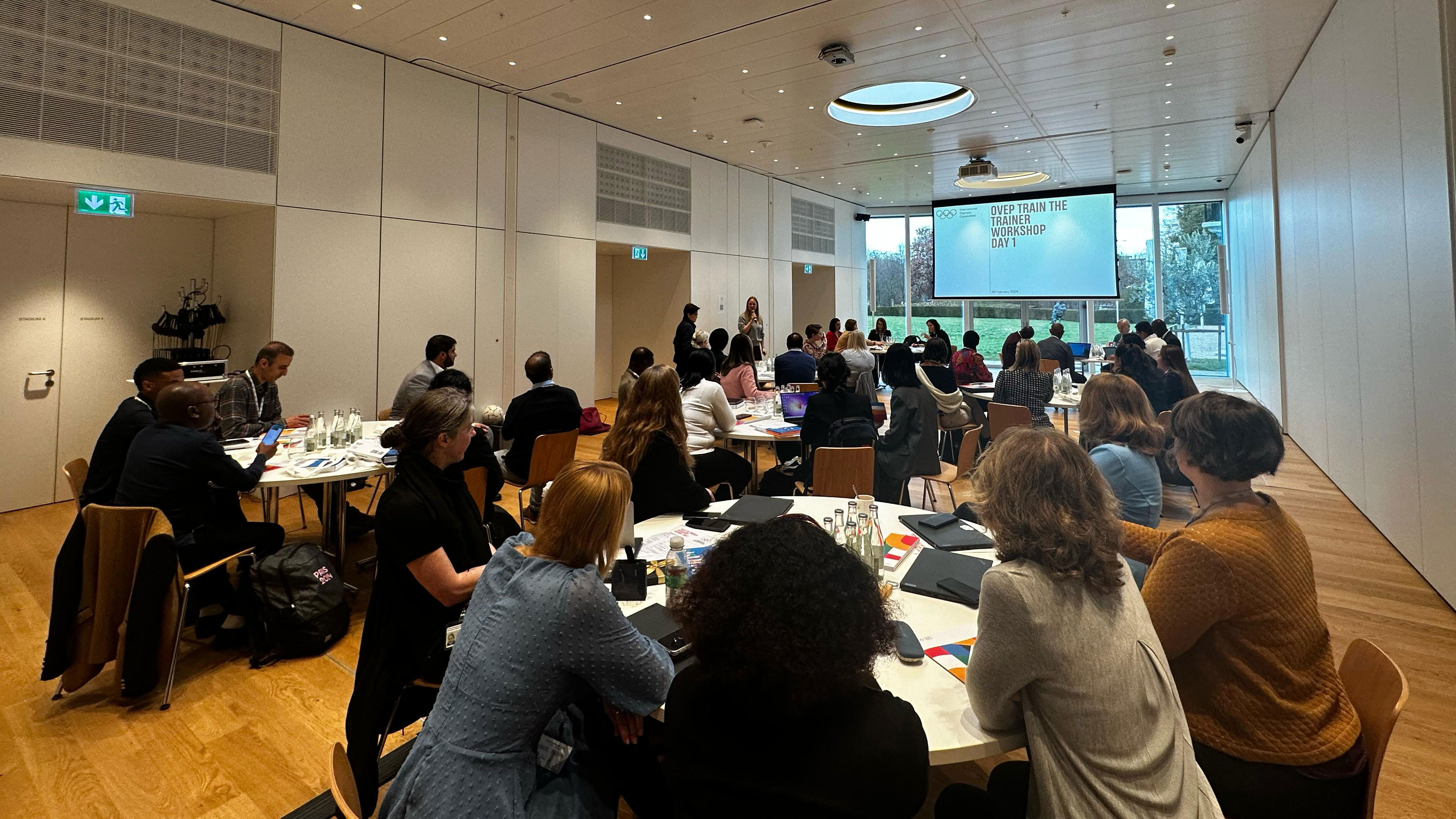
Bringing sport and education together
The Olympic Values Education Programme is a series of free and accessible teaching resources created by the IOC to complement any educational curriculum with Olympic-themed activities, teaching strategies and inspirational materials. Participants are encouraged to experience values-based learning and to assume the responsibilities of good citizenship. OVEP communicates the long-term benefits of sport and physical activity through an understanding of Olympism and its impact on individual health, enjoyment and social interaction. The resources and toolkits, available in multiple languages, are designed to make it possible for young people of any skill level to enjoy and learn from physical activity and aim to help children become active, healthy and responsible citizens.





